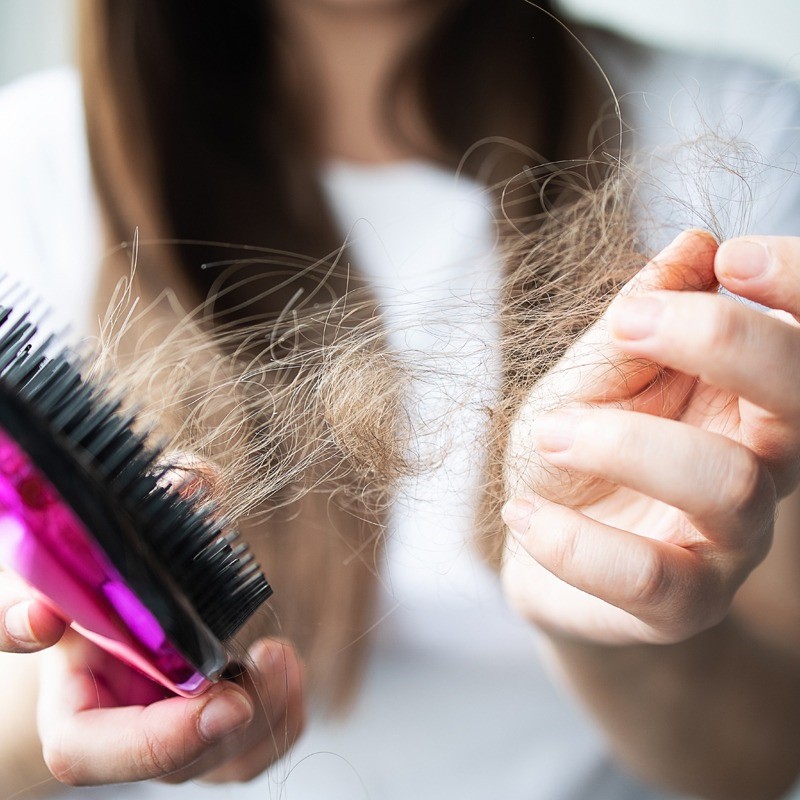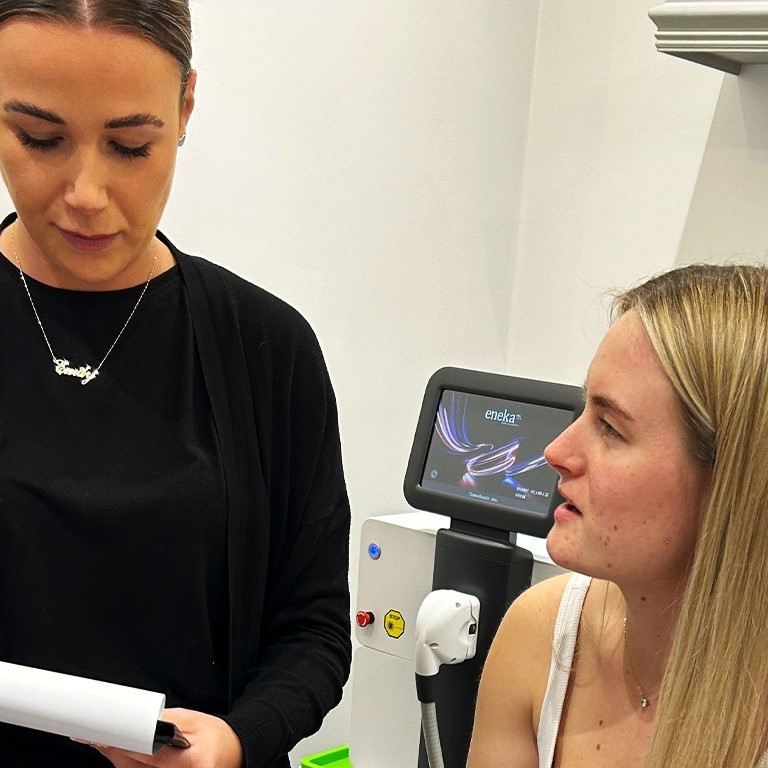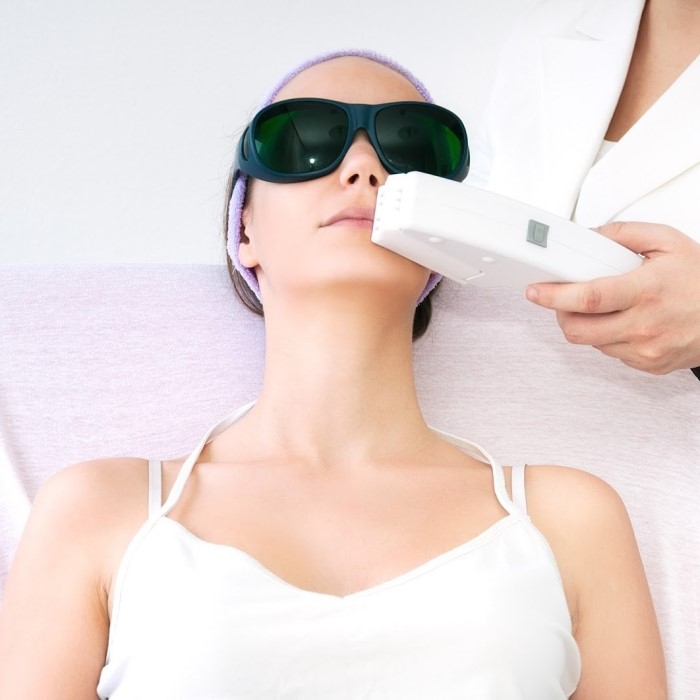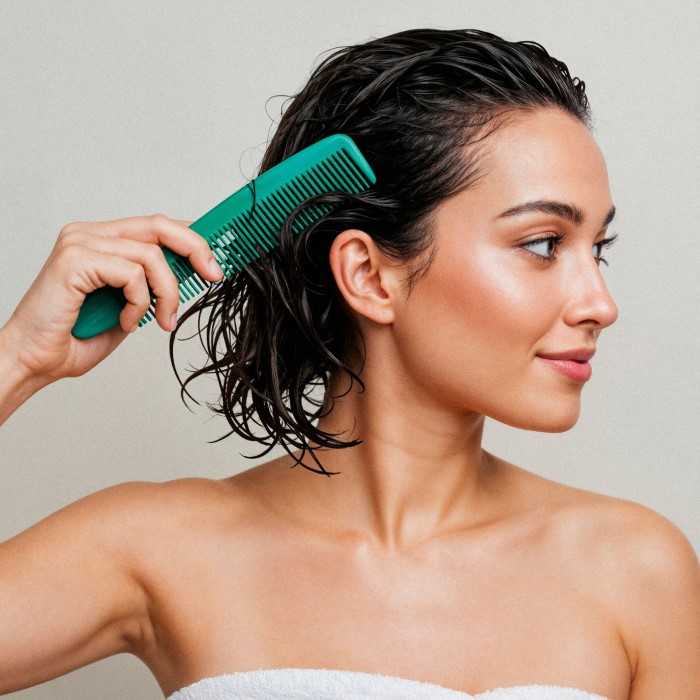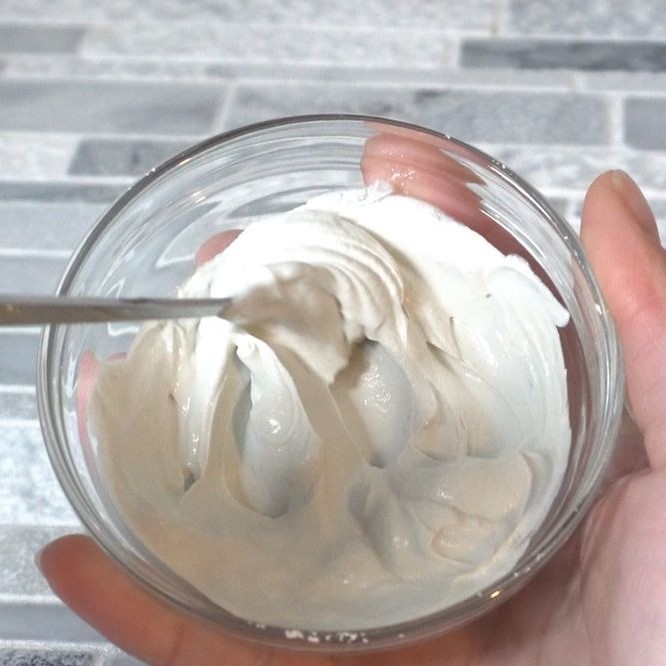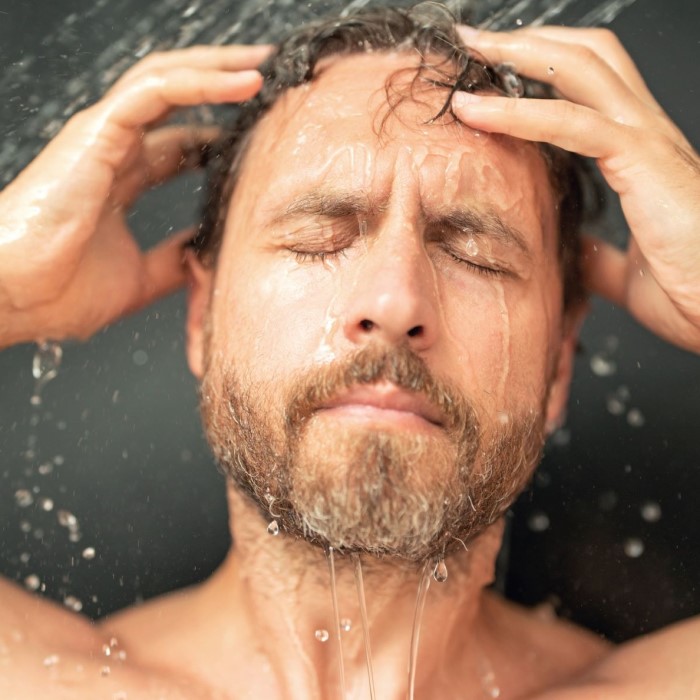
Can Hard Water Cause Hair Loss? Discover the Hidden Effects
Introduction: Understanding Hard Water and Its Effects
Many individuals frequently ask, “Can hard water cause hair loss?” This inquiry stems from growing concerns over the impact that water quality can have on hair and scalp health. Hard water is characterized by high mineral content, primarily calcium and magnesium ions. While these minerals are not harmful in themselves, they can have various effects on hair when washing your hair regularly with hard water.
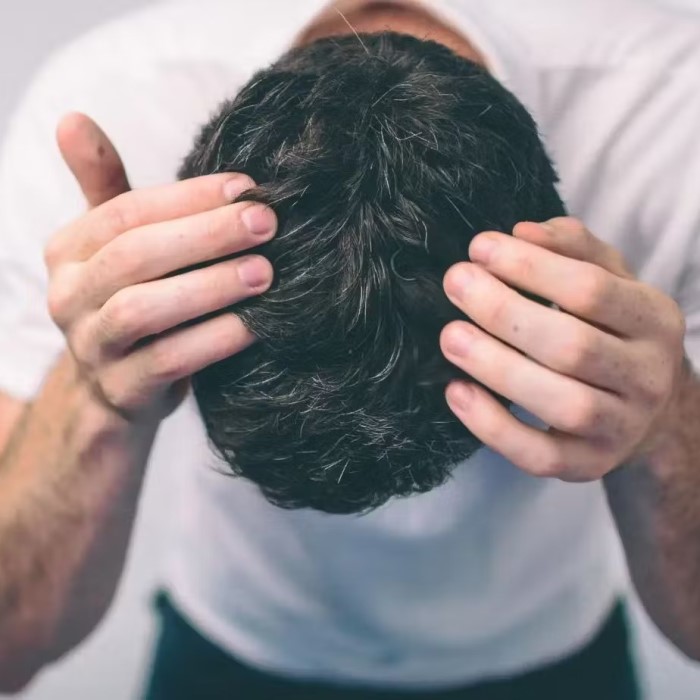
This article will explore the relationship between hard water and hair loss, delve into how hard water may cause damage, and provide actionable tips for maintaining healthy hair. As you read on, you’ll discover how to identify if your hair has been impacted by hard water and what steps you can take to minimize its effects.
What is Hard Water?
Can hard water cause hair loss? Hard water is a common issue in many households, particularly in areas with abundant natural mineral deposits. As water travels through soil and rock, it absorbs minerals. Consequently, when this water is used in homes, it can lead to several problems, including mineral buildup in plumbing and reduced effectiveness of soaps and shampoos.
Types of Hard Water
Understanding the types of hard water is essential for identifying how they may affect household tasks, including hair care. Hard water is generally classified into two main types: temporary hard water and permanent hard water. Each type has distinct characteristics and methods for treatment.
Temporary Hard Water
- Composition:
Temporary hard water primarily contains bicarbonate minerals, specifically calcium bicarbonate and magnesium bicarbonate. These minerals dissolve in water and contribute to its hardness. - Softening Process:
The unique property of temporary hard water allows it to be softened effectively through boiling. When water is boiled, the bicarbonate ions are converted into insoluble forms, primarily calcium carbonate. This precipitation means that upon cooling, the hardness-causing minerals can settle out or be filtered from the water. - Behavior:
Since temporary hard water can be softened, it is often associated with fluctuations in mineral content based on environmental factors. For instance, seasonal changes can impact the concentration of bicarbonates in local water supplies. - Indicators:
Signs that you have temporary hard water can include scale buildup on faucets or in appliances and difficulty producing soap lather.
Permanent Hard Water
- Composition:
Permanent hard water, in contrast, usually contains sulfate and chloride minerals. The most common minerals associated with permanent hardness are calcium sulfate and magnesium sulfate. These minerals do not dissolve in boiling water, making them more challenging to remove. - Resistance to Softening:
As mentioned, permanent hard water cannot be softened through boiling. This characteristic necessitates the use of specialized water-softening systems, which often use ion exchange processes to remove the hardness minerals. - Long-Term Effects:
Because permanent hard water retains its mineral content, it can lead to ongoing issues in household plumbing, appliances, and hair care. The buildup of minerals can result in scale formation within pipes, reducing water flow and affecting the efficiency of heating elements in appliances like dishwashers and water heaters. - Indicators:
Permanent hard water is typically indicated by persistent soap scum, dull hair, and continued mineral deposits despite attempts to clean. Unlike temporary hardness, the effects of permanent hardness are long-lasting without intervention.
Key Takeaways
- Identification: Understanding whether you have temporary or permanent hard water can guide your approach to dealing with its effects.
- Treatment Recommendations: Knowing which type of hard water you have can help you choose the best softening method—boiling for temporary hard water or investing in a commercial water conditioning system for permanent hard water.
- Impact on Your Routine: Both types of hard water can affect household tasks, hair quality, and skin health, so knowledge of these types can help inform better care and decisions regarding water usage and treatment options.
How Hard Water Affects Hair Health
Upon using hard water for washing hair, individuals may begin to notice certain changes in hair quality and overall scalp health. Here are some effects that hard water may have on hair:
1. Mineral Buildup
As hard water is used for washing, minerals will often accumulate on the hair strands. This buildup can lead to dullness and make hair feel rough and difficult to manage. A significant layer of mineral deposits can weigh hair down, leading to further loss of volume.
2. Increased Hair Breakage
When hair is subjected to hard water regularly, it can weaken the hair structure. The rough texture associated with mineral-coated hair makes it more prone to breakage. Consequently, individuals may experience increased shedding as weak strands become damaged.
3. Dry Scalp and Dandruff
The high mineral content in hard water affects not only hair but also the scalp. Individuals may develop a dry, itchy scalp, leading to flaking or dandruff. A compromised scalp environment can contribute to hair loss as the hair follicles struggle under unfavorable conditions.
4. Altered pH Balance
Hard water can disrupt the pH balance of the scalp and hair. A too high pH level may lead to frizz and dryness, compromising the natural shine and health of the hair.
Does Hair Loss from Hard Water Grow Back?
Many individuals experiencing hair loss may wonder if their hair will grow back once they address issues related to hard water. The answer often depends on several factors, including the extent of damage and individual hair growth cycles.
Recovery of Hair
In many cases, if the hair loss is caused solely by hard water and the effects are addressed, the hair may begin to recover. However, addressing underlying scalp issues is also critical.
Permanent Damage
In instances where hair follicles have been severely compromised, some individuals may experience more permanent forms of hair loss. It is crucial to take proactive measures to evaluate and improve hair and scalp health as needed.
How Do I Protect My Hair from Hard Water?
Fortunately, there are several strategies to help protect your hair from the damaging effects of hard water. Consider the following methods:
1. Install a Water Softener
One of the most effective solutions is to install a water softener in your home. These systems work by removing hard minerals, allowing you to enjoy softer water for washing hair and skin.
2. Use Chelating Shampoo
Chelating shampoos are formulated to remove mineral buildup from hair caused by hard water. Incorporate these products into your hair care routine to keep your strands clean and well-maintained.
3. Rinse with Filtered Water
If a water softener isn’t feasible, consider rinsing your hair with filtered or distilled water after washing with hard water. This can help remove any residual minerals.
4. Regularly Deep Condition
Investing in a good-quality deep conditioner can help restore moisture to your hair. Look for products that provide hydration and nourishment, especially after exposure to hard water.
5. Limit Exposure
Try to minimize hair washing if you know your water quality is poor. Washing hair less frequently can limit the amount of hard water exposure and decrease the cumulative impact of harmful minerals.
How to Tell if Hard Water is Damaging Your Hair?
Identifying damage caused by hard water can save you from further issues. There are several signs to look for:
1. Change in Hair Texture
If your hair suddenly feels dry, rough, or brittle, hard water could be the culprit. Pay attention to significant changes over a short time.
2. Increased Breakage and Shedding
Watch for an increase in hair breakage or shedding. If more strands than usual fall out or break, it may be due to the effects of hard water.
3. Dull Appearance
When your hair lacks shine and appears dull, mineral buildup from hard water may be to blame. If regular cleaning products no longer work effectively, this can be a red flag.
4. Scalp Irritation
If you experience itching or flaking, hard water may be contributing to scalp issues. A dry, irritated scalp can lead to increased hair loss over time.
What Does Hard Water Hair Loss Look Like?
Hair loss related to hard water can manifest in various ways. Here’s what you might observe:
1. Thinning Hair
Individuals may notice that their hair appears thinner, particularly around the hairline and crown. This can be due to breakage and overall unhealthy hair.
2. Hair Breakage at Ends
Damaged hair due to hard water may show signs of split ends or frayed strands. Breakage often becomes more pronounced as the hair struggles to maintain its integrity.
3. Excessive Shedding
If washing your hair results in losing more strands than usual, hard water could be a contributing factor. Keep track of hair loss levels to evaluate any concerns.
4. Dull, Lifeless Hair
Hair that lacks its natural luster and feels dull is often a signal of buildup from hard water. If deep conditioning and regular maintenance fail to restore shine, reassess your water quality.
Conclusion: Addressing Hard Water for Better Hair Health
In summary, the question “Can hard water cause hair loss?” has a resounding answer: yes, it can indeed affect your hair health. From mineral buildup to increased breakage and even scalp health issues, the impact of hard water can be significant. By implementing protective measures, such as using a water softener and incorporating specialized hair care products, you can safeguard your hair against damage.
If you suspect that hard water is compromising your hair quality, take action today. Monitor the health of your hair and scalp, and consider consulting a professional if necessary. By prioritizing your hair health, you’ll achieve a fuller, healthier mane that thrives despite the challenges posed by hard water.
